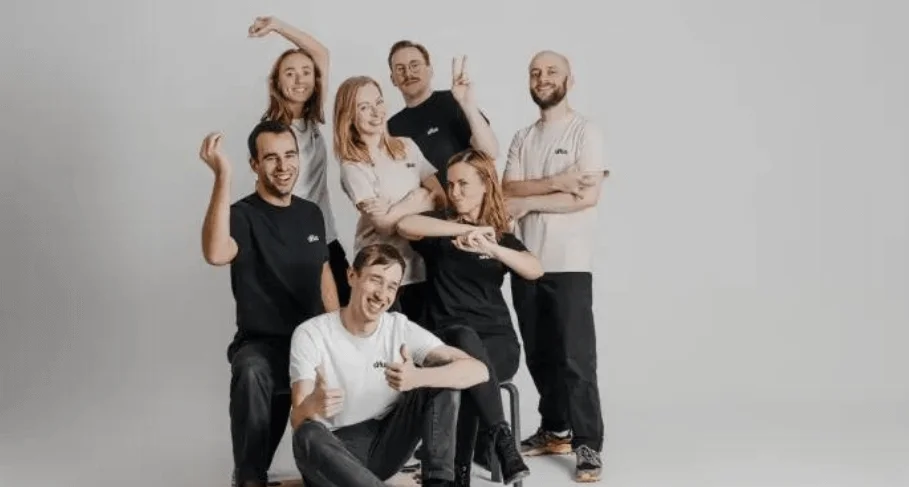Sirius, a Berlin-based music school startup that provides a state-of-the-art video conferencing system for 1-to-1 online music lessons to make music education accessible worldwide, recently raised $4 million in a seed funding round led by Market One Capital. Silicon Gardens, Fund F by Female Founders, New Renaissance Ventures, and Angel Invest also participated.
Sebastian Riegelbauer and Charlotte Dryander co-founded Sirius in 2020. The platform connects students of all ages and skill levels with qualified teachers for one-on-one online piano, guitar, and singing lessons. It handles lesson scheduling and ensures excellent sound quality while providing a virtual piano, sheet music, a metronome, recording tools, and additional learning resources. The company has partnered with the Karajan Academy, the Berlin Philharmonic Orchestra school, to develop a cutting-edge video conferencing system tailored specifically for musicians, enabling high-quality, interactive, 1-to-1 online lessons.
Sebastian Riegelbauer, co-founder and co-director of SIRIUS, shared about the company:
COVID has shown how urgently music teaching needs to be digitized. SIRIUS aims to offer students and teachers an alternative to traditional analogue teaching and make music education accessible worldwide.
SIRIUS’s online music classes eliminate the need to travel for music lessons, saving time and money. The online booking tool makes it easy to schedule music lessons on short notice or switch to a new music teacher. Rebooking piano or singing classes is also simple. It presently has over 400 music teachers accessible to help students learn an instrument online.
Marcin Zabielski, Partner at Market One Capital, added:
We firmly believe that technology can enhance how people learn music without compromising its human element. That’s why we chose to invest in Sirius, whose founders have an ambitious vision of creating the largest pan-European online music school.
With this funding round, SIRIUS plans to drive growth and product development and expand its engineering and marketing teams. It also intends to introduce AI to reduce administrative overhead for music teachers, summarise and analyze lessons, create tailored lesson plans and practice materials and provide interactive feedback to students during practice. This personalization of lessons through AI should make the audience feel catered to and valued.
